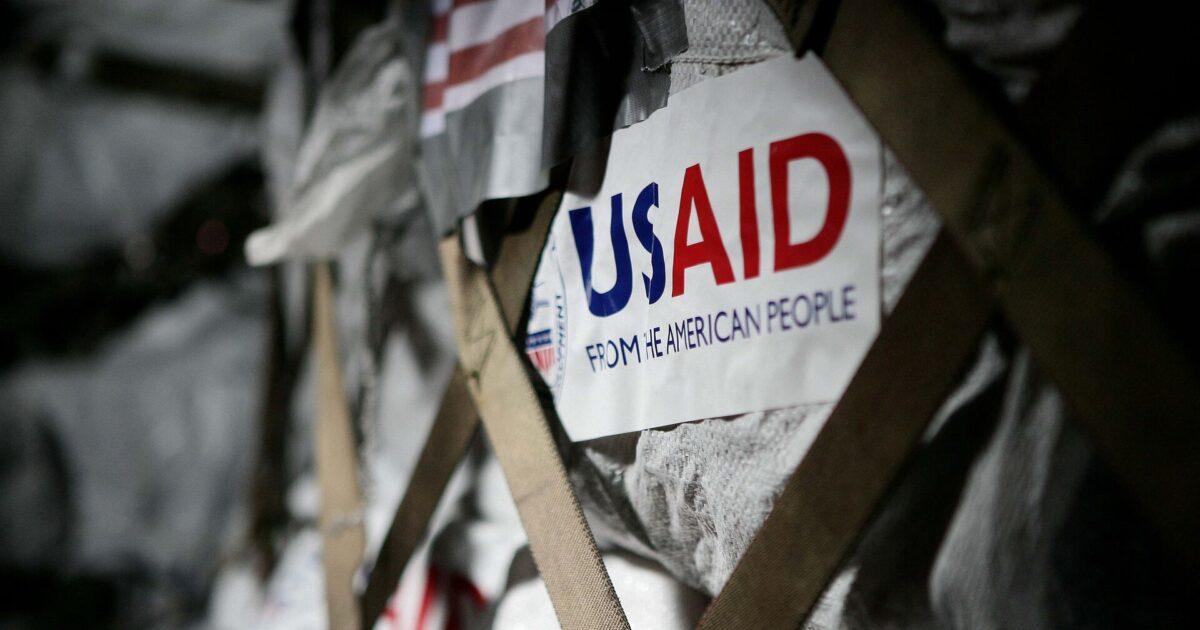Africa-Press – Botswana. In the wake of job losses resulting from the American government’s aid cuts, BONELA has called on the Botswana Government and its development partners to prioritise workers’ rights to livelihoods and incomes.
The US government’s suspension of aid to developing countries has led to loss of 10 000 jobs among Non-Governmental Organisations (NGOs).
In a recently released brief report titled “BONELA’s Reflections and Advocacy, Post-Workers’ Day Commemoration in Ghanzi,” BONELA “remembered over 10,000 civil society employees who lost their jobs due to funding cuts by the US government”.
The Botswana Network on Ethics, Law and HIVAIDS is a human rights organisation with a strong focus on HIV/AIDS.
“As part of its commemoration, BONELA remembered over 10,000 civil society employees who lost their jobs due to funding cuts by the US government,” said the BONELA brief.
Sweeping US policy shift
It called on the Botswana Government and its development partners “to prioritise workers’ rights to livelihoods and income” and reaffirmed “its commitment – together with state actors, trade unions, civil society, and international partners – to make workers’ rights a lived reality in Botswana”.
The US has significantly cut foreign aid to the developing world. In Botswana, the impact of the aid cuts is particularly strong on HIV/AIDS programmes. This aid cuts, driven by a broader US policy shift, has led to concerns about reversed gains in Botswana’s fight against HIV/AIDS, especially in achieving UNAIDS’ 95-95-95 targets.
The cuts have also caused disruptions in services provided by civil society organisations (CSOs) and raised concerns about job losses and the financial burden on the Botswana Government.
International Workers’ Day
The BONELA brief noted that the human rights advocacy organisation had joined the world in commemorating International Workers’ Day that was held under the theme, “Workers’ Rights Are Human Rights.”
“This theme is particularly relevant as it calls on all stakeholders to reflect on their roles in protecting, promoting and fulfilling workers’ rights,” said BONELA.
The event featured solidarity messages from various organisations, among them trade unions, all expressing their support and commitment to collaborate with workers for a rights-based approach to workforce management.
According to BONELA, the keynote address was delivered by the Minister of State President Moeti Mohwasa.
“In his remarks, he reaffirmed the government’s commitment to promoting and upholding workers’ rights,” it said in its brief.
Shared national goals
“He emphasised the historic alliance between the workers’ movement and the current ruling party, dating back to its days in opposition. Minister Mohwasa expressed his expectation that this close relationship will continue and enable the government and workers to collaborate towards shared national goals.”
BONELA said stakeholders present – including trade unions, civil society organisations, development partners, the International Labour Organisation (ILO), donors, and regional institutions – delivered powerful solidarity messages.
According to BONELA, May 1st is more than a date. “It symbolises resistance, struggle, resilience and most importantly, solidarity. It honours the persistent fight for the 8-hour workday and the dignity that work as a right deserves.”
Vulnerable conditions
BONELA said key emerging themes such as vulnerable conditions, gender wage gaps, and exploitation of domestic workers and migrant workers, among others, were tackled.
“Decent work is a cornerstone of human rights,” it noted. “Every worker – regardless of geography, industry, or sector – deserves the right to fair and dignified employment conditions and to speak up against abuse.”
Attention was also drawn to the need to protect and support the rights of older persons and persons with disabilities, who are often overlooked in employment structures.
“Beyond employment, universal social protection systems that build social justice are essential,” said BONELA. “Effective grievance and dispute resolution mechanisms, access to justice via credible dispute bodies, employers, and unions must collaborate to build inclusive, sustainable systems.”
“Workers’ rights are human rights”
It said the significance of decent work – one that recognises human rights, deconstructs gendered roles, enables social mobility, and enables free, fair, and equitable job access – was emphasised.
“A strong call to action was given to informal sector workers – including domestic workers, agriculture labourers, street vendors, and others – whose labour sustains entire communities. Their rights and voices matter,” said BONELA.
“Ultimately, workers’ rights are human rights. The fight for fair work is the fight for equality, for dignity and for justice.”
For More News And Analysis About Botswana Follow Africa-Press






